When Russia invaded Ukraine in February 2022, EU members threw their full support behind Ukraine.
Ireland opened their door to thousands of refugees escaping the war, as did other member states, and several, including their closest neighbours, sent military equipment.
At a political level, the solidarity with Ukraine extended to exploring as to how they could be fast-tracked to EU membership and the NATO security umbrella.
Fast forward 18 months and there is evidence that friends of Ukraine are beginning to display war fatigue. This has come to a head with neighbouring countries blocking imports of Ukrainian grain and the issue being referred to the WTO disputes system by Ukraine.
Trade spats between diplomatically friendly countries, as has existed between the EU and US in the past.
However, this example is particularly striking because it also led to Poland stopping the supply of military equipment to Ukraine, having been one of the first to send assistance.
EU membership
This situation suggests absorbing Ukraine into the EU as a full member will have complications.
They are one of the major grain exporters in the world and would be the largest in the EU by a distance. Inevitably, without trade barriers as part of the single market, Ukrainian grain would cause a significant drop to the value of EU grain.
Aside from production, there is also the impact on the CAP to consider - Irish farmers have already felt the impact of the last EU expansion into Eastern Europe.
They have been in a transition process to equalise support given to farmers with the original member states. This inevitably means less money spent in Ireland and other Western European member countries.
The other side of this debate is that an abundance of Ukrainian grain in the EU will enhance self-sufficiency and security, for both human and animal feed consumption.
Ireland’s place in EU changing
While Ukraine membership of the EU is still a long way off, the other reality we have to recognise is that Ireland’s place in the EU has changed dramatically over our 50 years of membership.
When we joined in 1973, Ireland was by a distance one of the poorest member states, but in the intervening period we have grown to be one of the wealthiest. That means that instead of receiving EU funding for major infrastructure projects, we are no net contributors to the EU budget.
That changes the dynamic of our relationship. It is easy to be well disposed to an institution that is doling out money; it is different when they have to hand out for what we consider our money!
Of course, it isn’t just about the cash. The economic benefit of Ireland having seamless access to the EU market is the key to our overall economic success across all sectors of the economy.
The problem is that this is less visible than the ribbon being cut on a new motorway built with EU funds, as was so often the case in the past.
The challenge for the EU over the next decade is to balance the desirability of bringing other countries, especially Ukraine, without disrupting the equilibrium with existing members.
While Brexit was a decision made by the UK, the reality also is that the EU stopped being attractive to British voters. There is no benefit in bringing new members in through the front door if existing members are leaving through the back door.
Striking this balance will determine the success of the EU project over the next 50 years.
Read more
Grain Trends: dry weather tightens wheat, but volatility remains
Origin Enterprises pulls plug on loss-making Ukraine business
Farming on the front line: 'we had 200t of ammonium nitrate in our warehouse'
When Russia invaded Ukraine in February 2022, EU members threw their full support behind Ukraine.
Ireland opened their door to thousands of refugees escaping the war, as did other member states, and several, including their closest neighbours, sent military equipment.
At a political level, the solidarity with Ukraine extended to exploring as to how they could be fast-tracked to EU membership and the NATO security umbrella.
Fast forward 18 months and there is evidence that friends of Ukraine are beginning to display war fatigue. This has come to a head with neighbouring countries blocking imports of Ukrainian grain and the issue being referred to the WTO disputes system by Ukraine.
Trade spats between diplomatically friendly countries, as has existed between the EU and US in the past.
However, this example is particularly striking because it also led to Poland stopping the supply of military equipment to Ukraine, having been one of the first to send assistance.
EU membership
This situation suggests absorbing Ukraine into the EU as a full member will have complications.
They are one of the major grain exporters in the world and would be the largest in the EU by a distance. Inevitably, without trade barriers as part of the single market, Ukrainian grain would cause a significant drop to the value of EU grain.
Aside from production, there is also the impact on the CAP to consider - Irish farmers have already felt the impact of the last EU expansion into Eastern Europe.
They have been in a transition process to equalise support given to farmers with the original member states. This inevitably means less money spent in Ireland and other Western European member countries.
The other side of this debate is that an abundance of Ukrainian grain in the EU will enhance self-sufficiency and security, for both human and animal feed consumption.
Ireland’s place in EU changing
While Ukraine membership of the EU is still a long way off, the other reality we have to recognise is that Ireland’s place in the EU has changed dramatically over our 50 years of membership.
When we joined in 1973, Ireland was by a distance one of the poorest member states, but in the intervening period we have grown to be one of the wealthiest. That means that instead of receiving EU funding for major infrastructure projects, we are no net contributors to the EU budget.
That changes the dynamic of our relationship. It is easy to be well disposed to an institution that is doling out money; it is different when they have to hand out for what we consider our money!
Of course, it isn’t just about the cash. The economic benefit of Ireland having seamless access to the EU market is the key to our overall economic success across all sectors of the economy.
The problem is that this is less visible than the ribbon being cut on a new motorway built with EU funds, as was so often the case in the past.
The challenge for the EU over the next decade is to balance the desirability of bringing other countries, especially Ukraine, without disrupting the equilibrium with existing members.
While Brexit was a decision made by the UK, the reality also is that the EU stopped being attractive to British voters. There is no benefit in bringing new members in through the front door if existing members are leaving through the back door.
Striking this balance will determine the success of the EU project over the next 50 years.
Read more
Grain Trends: dry weather tightens wheat, but volatility remains
Origin Enterprises pulls plug on loss-making Ukraine business
Farming on the front line: 'we had 200t of ammonium nitrate in our warehouse'



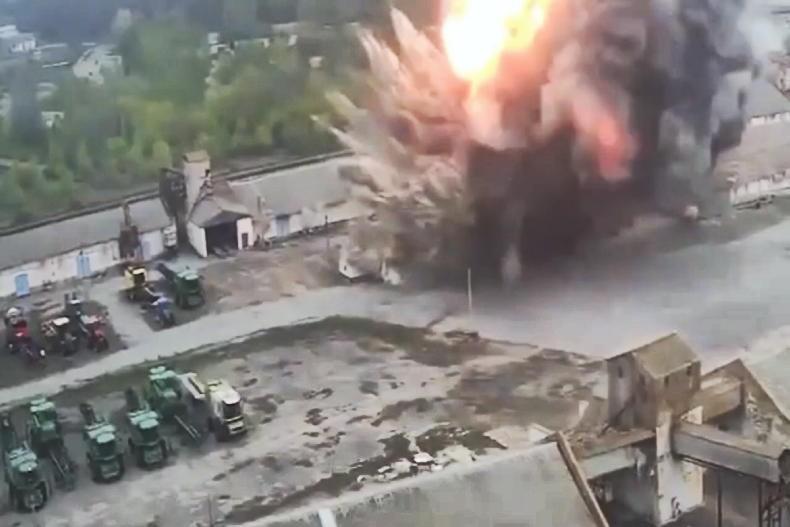

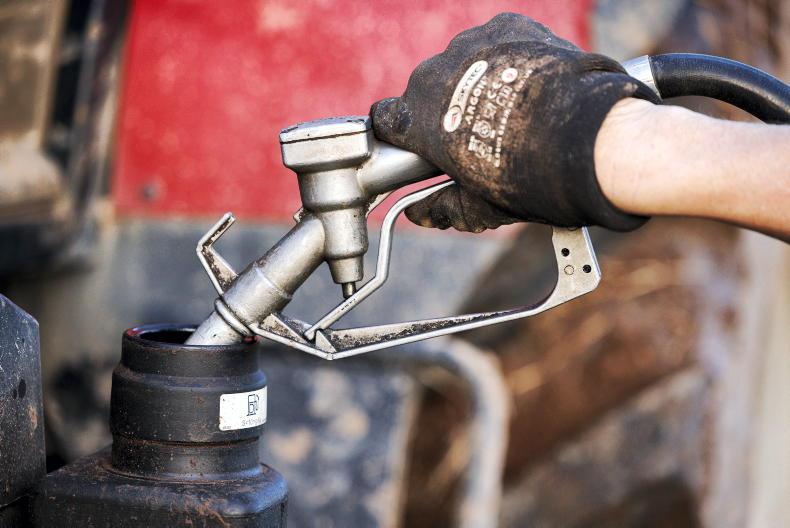

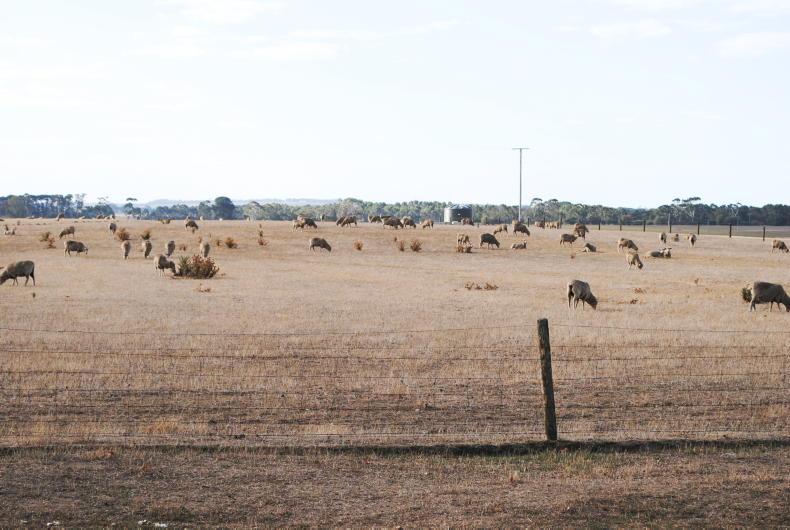
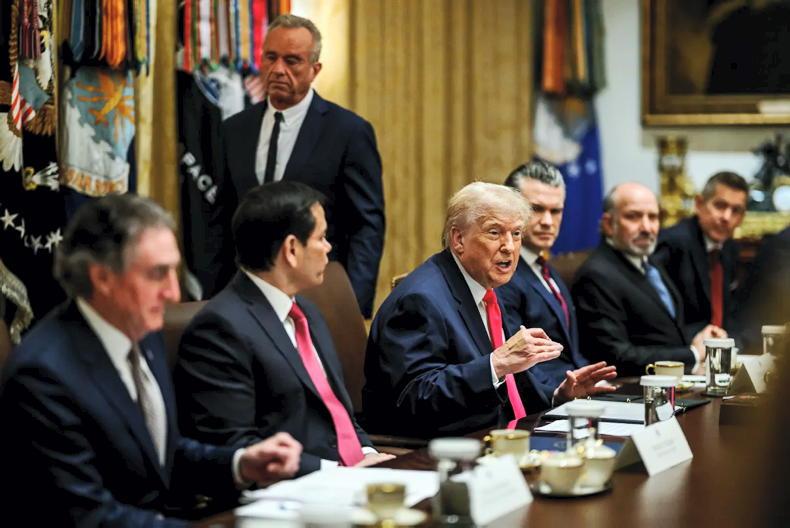
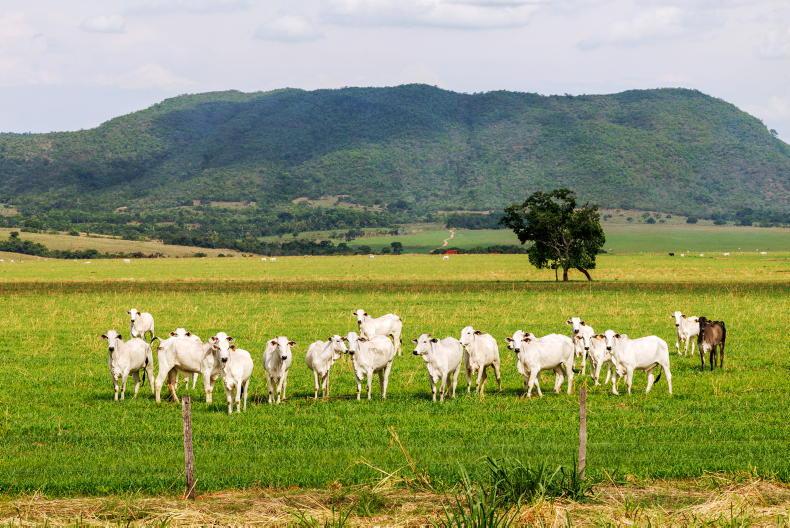
SHARING OPTIONS